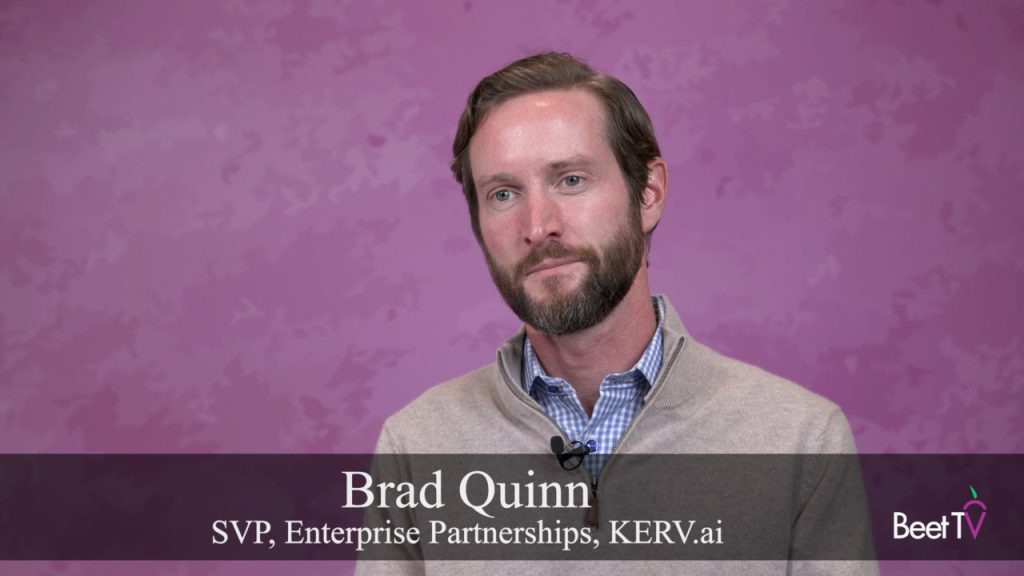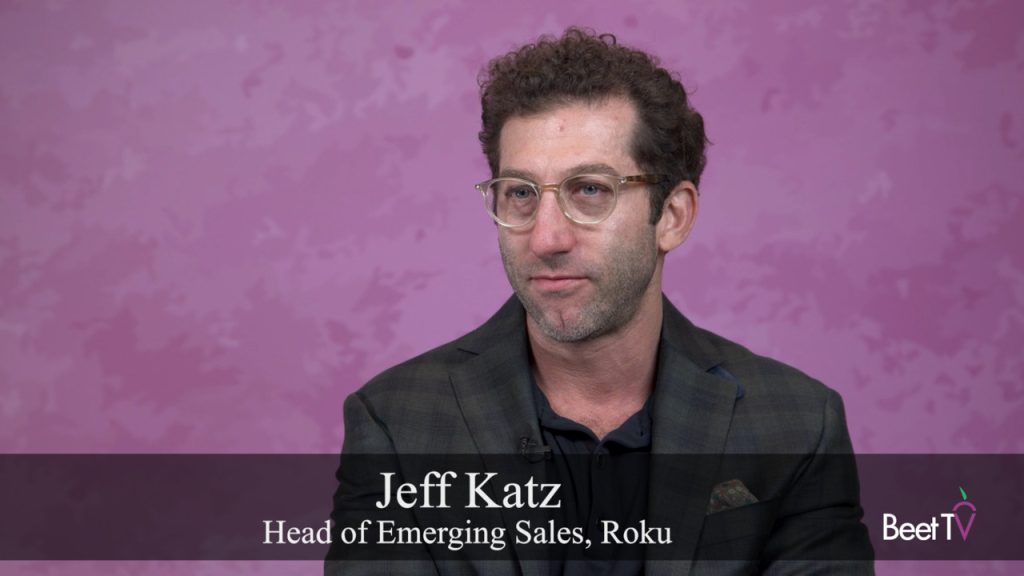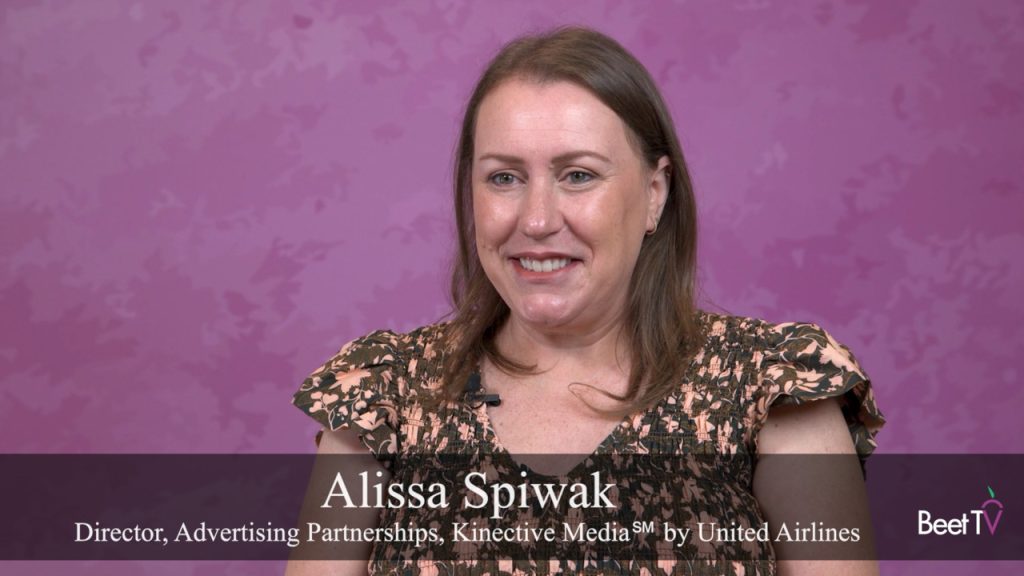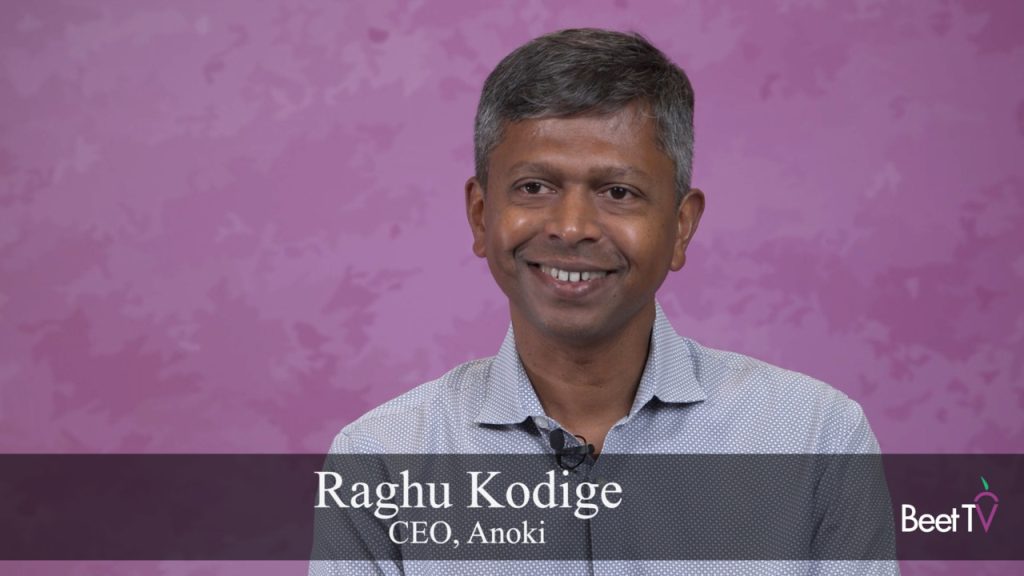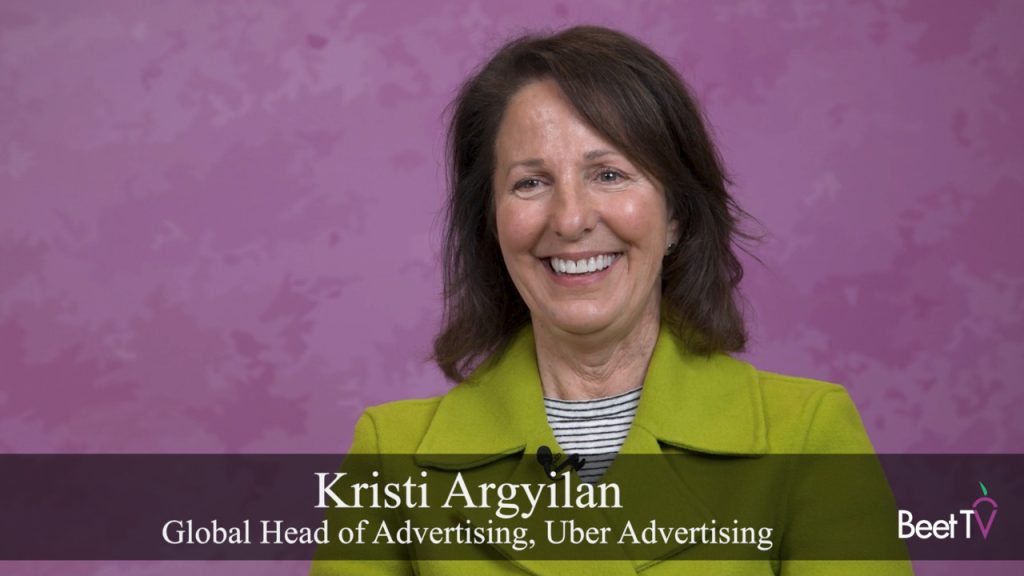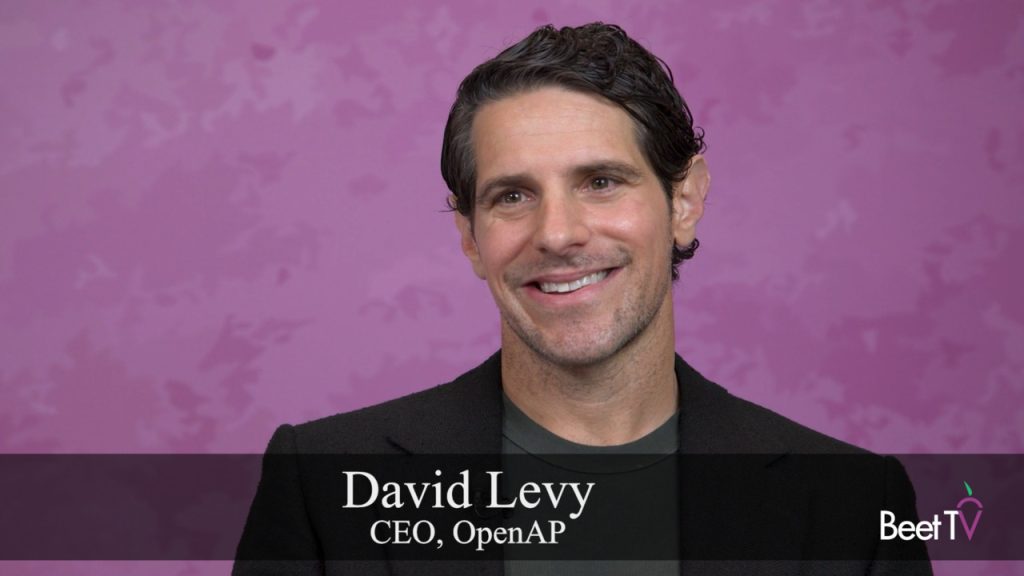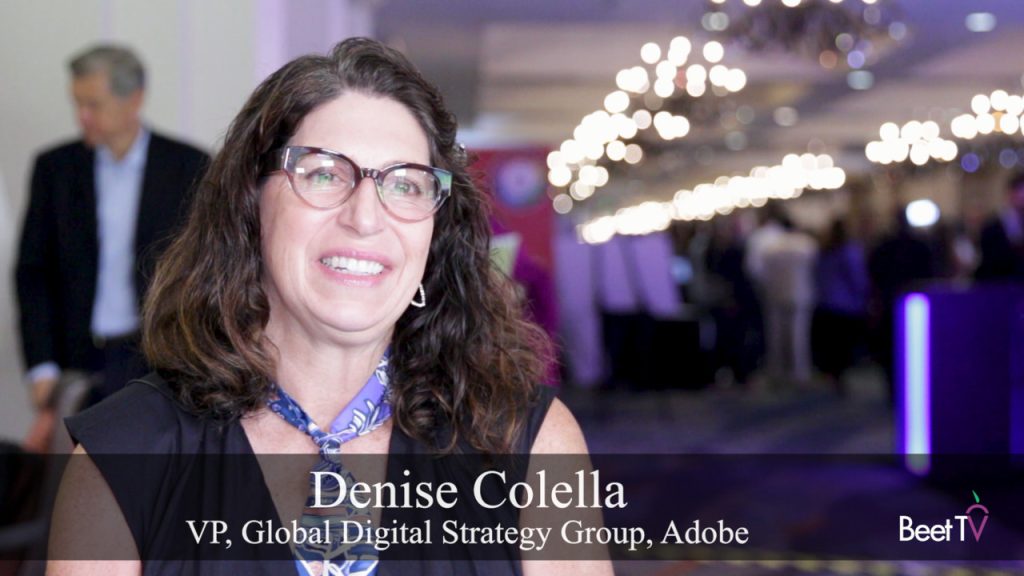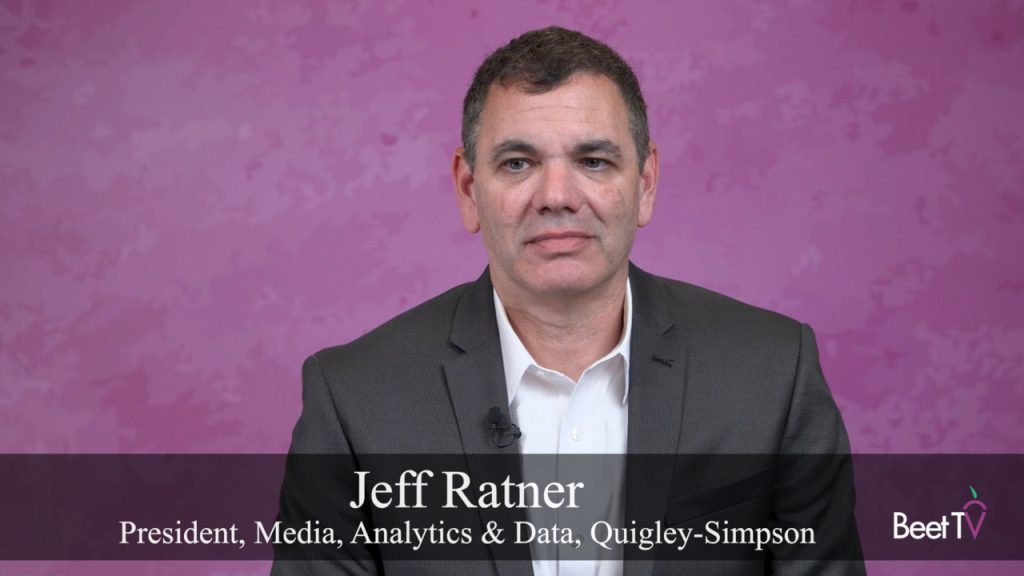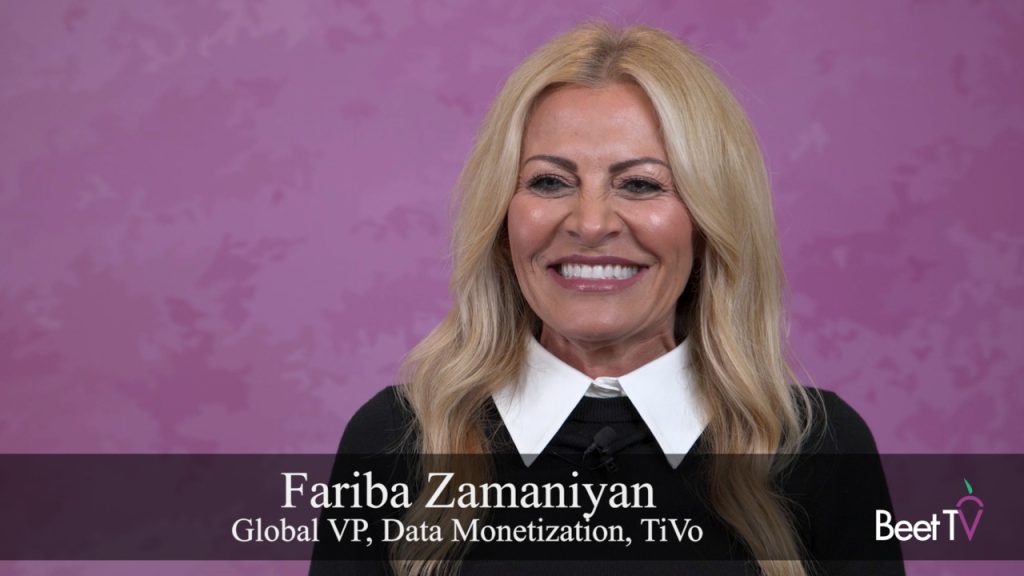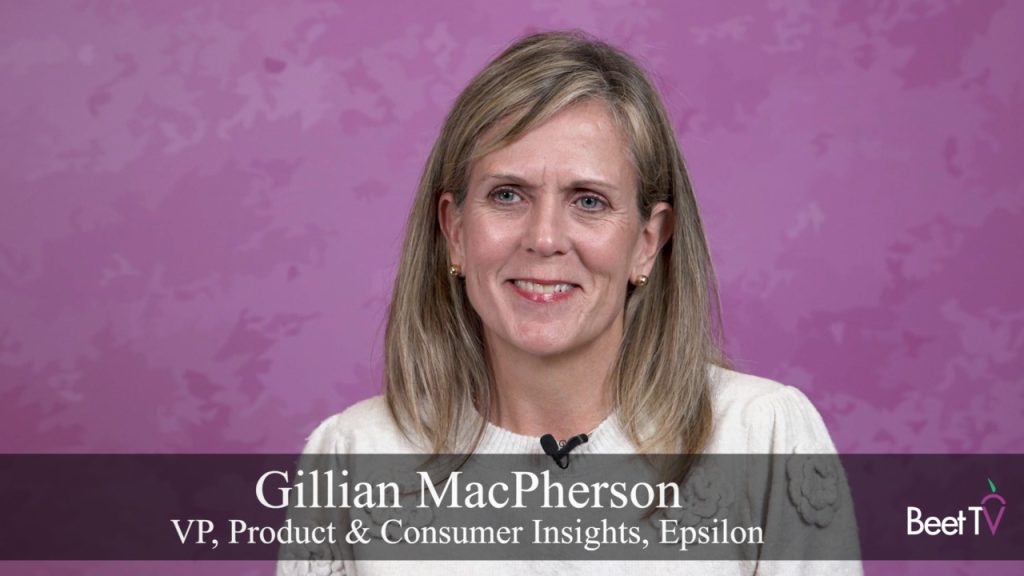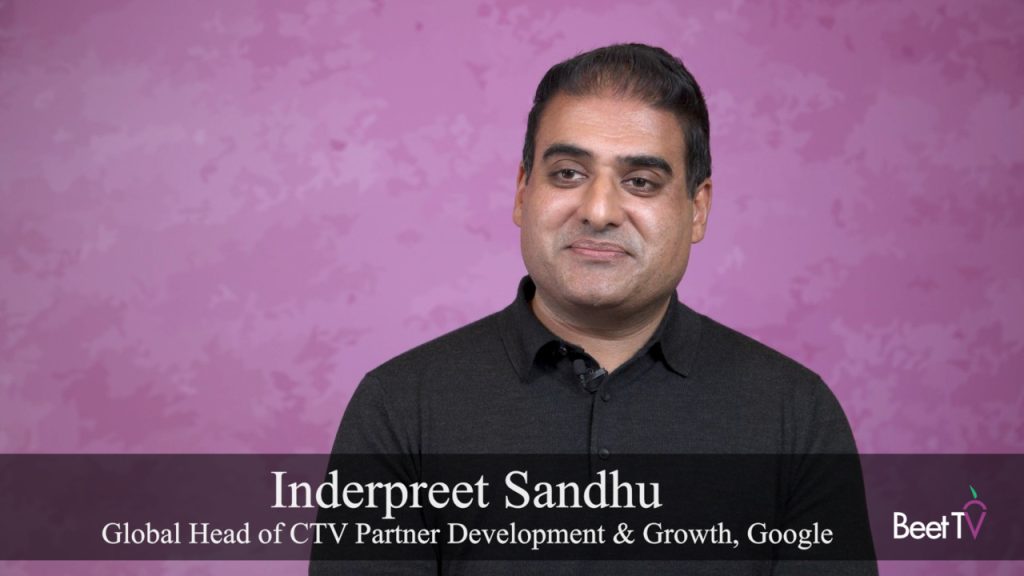AMENIA, N.Y. – Marketers want as much information as possible about customers who consent to sharing details about what they buy. This first-party data is a valuable resource that can help with measuring audiences and the ability to reach them effectively.
“There is no world where first-party data is not important for measurement,” Scott Lichtenthal, senior vice president of advanced analytics products at payments giant Mastercard, said in this interview with Julian Zilberbrand on behalf of Beet.TV at the Beet Retreat Berkshires.
“We really need to leverage permissioned first-party data to get effective measurement,” Lichtenthal said. “You can’t run an effective media strategy without effective measurement. The future of the world is aggregated and anonymized first-party data.”
Cookie Status Quo
Google’s decision to stop proceeding with a plan to get rid of tracking cookies in its popular Chrome browser won’t have a major effect on Mastercard, Lichtenthal said.
“It has more impact on my milk consumption than it does my business,” he said. “The future is still a cookie-less society, but now it’s a matter of how cookies become part of that cookie-less society and how we take the time to actually evolve on that path makes sense.”
Geotargeting, or reaching consumers based on their physical location, is an important strategy for marketers, especially when it’s done with privacy protections in place.
“Geography tells you a ton about the individuals in a community. A small business can understand a lot about where customers are today, where they’ve been in the past and where they plan on going in the future,” Lichtenthal said. “Geography is important because it’s not only about understanding individual behavior but also about understanding the entire community and being able to effectively target and measure impact.”
Learn more about Mastercard solutions here.
You’re watching coverage of Beet Retreat Berkshires, presented by Magnite, Mastercard and TransUnion. For more videos from this series, please visit this page.



























